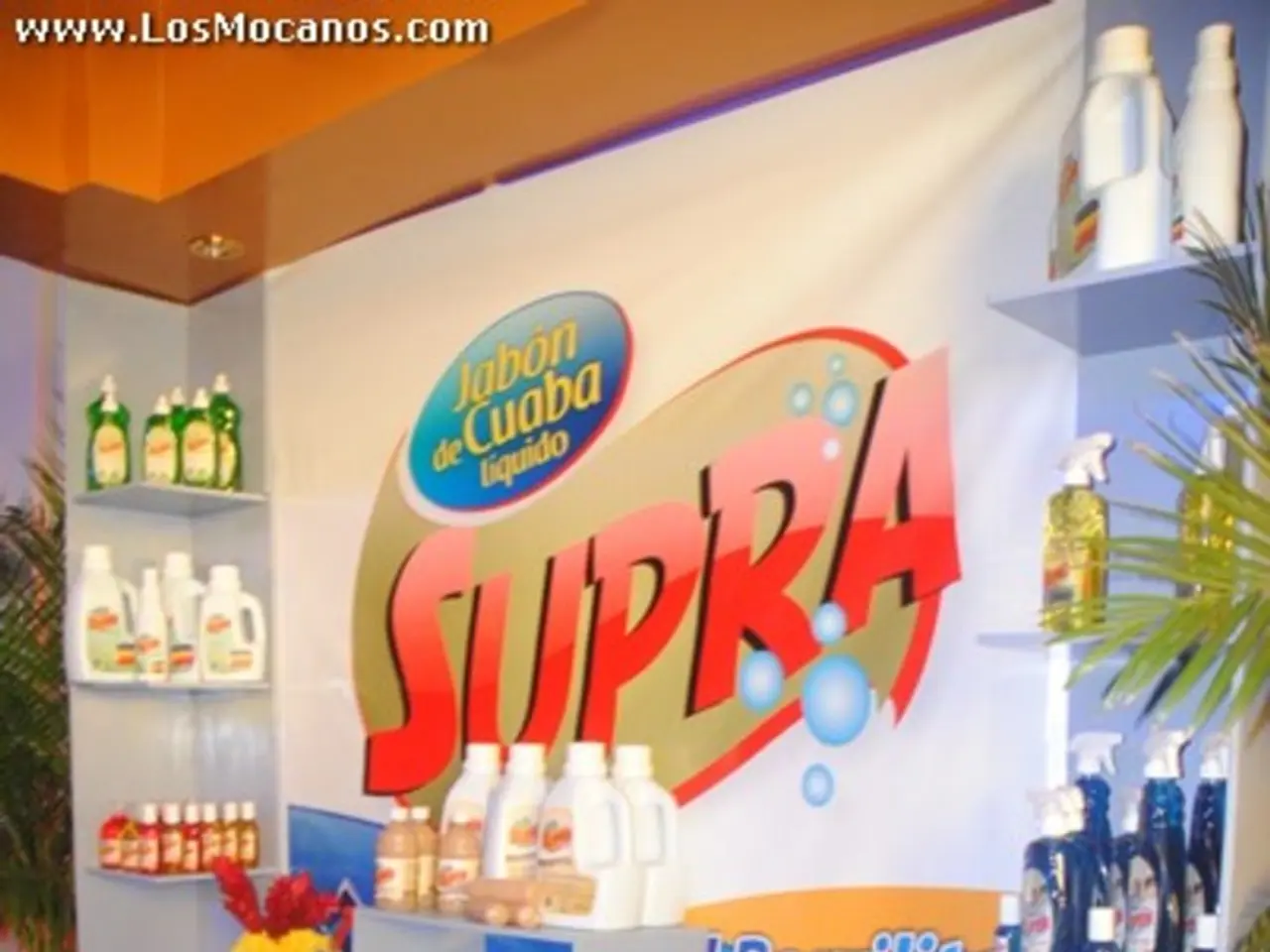Clothing retailer Uniqlo sees a rise in revenue in Russia
In a surprising turn of events, Japanese fashion retailer Uniqlo has managed to maintain its market dominance in Russia, despite exiting the physical market due to geopolitical pressures and international sanctions.
Despite the withdrawal, Uniqlo's sales in the clothing and accessories segment have remained strong, surpassing competitors such as Spanish brand Zara (8%) and American giant Nike (5%). The retailer held a 12% share of sales in the segment for the past two years, making it the sector leader.
Uniqlo's digital success story began with a significant increase in online orders, even though the brand left the physical market. The specific sales figures for Uniqlo's online sales performance in Russia post-exit are not readily available, but the general context suggests that many foreign brands leaving Russia have experienced shifts in consumer behavior and sales channels.
Fast Retailing CEO Tadashi Yanai initially announced that Uniqlo would continue operating in Russia following the "special military operation" on Ukraine in late February 2022. However, by the fall of 2022, Uniqlo began to reduce its network of stores in Russia and planned to close some stores in the country.
Some Uniqlo locations have since been taken over by "Trade Management" and opened stores under a new brand. Despite these changes, Uniqlo products are still available online in Russia. The retailer is also planning to sell its business in Russia.
In a broader context, Uniqlo's exit from Russia fits a pattern observed with other global brands. Companies have had to balance commercial interests with geopolitical pressures and public perception, often resulting in strategic market withdrawals or pauses in operations to comply with international sanctions and avoid reputational damage.
Russian media is required to use information only from official Russian sources when preparing materials about the special operation in eastern Ukraine. The media is not allowed to refer to the operation as "invasion," "occupation," or "declaration of war," unless it is a direct quote.
By the end of Q1 2025, Uniqlo was one of the top 5 most popular brands for overseas online shopping among Russians, alongside Apple, Zara, New Balance, and Nike. As the digital landscape continues to evolve, it will be interesting to see how Uniqlo's online sales in Russia develop in the coming years. For more precise and updated data, consulting company reports or market analytics specialized in Russian e-commerce might be necessary.
In the midst of these strategic market withdrawals, Uniqlo, despite selling its physical retail business in Russia, witnessed a significant rise in online sales, maintaining its strong position among top competitors like Zara, Nike, and others in the clothing and accessories segment. The retailer's digital success continued to secure its leadership in the sector, even with the uncertainties and challenges posed by international sanctions and geopolitical pressures.




